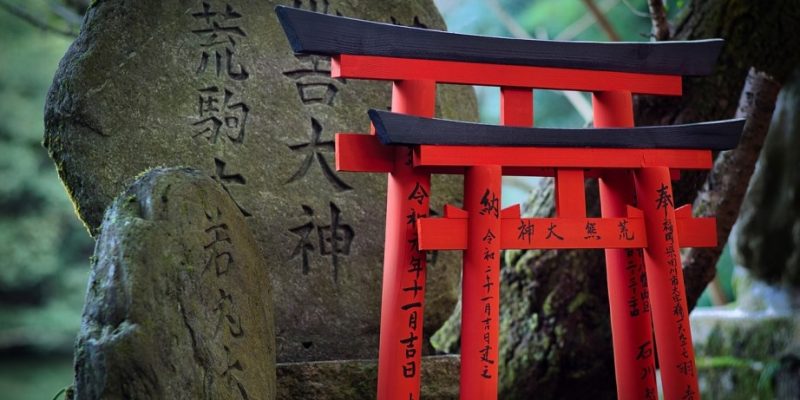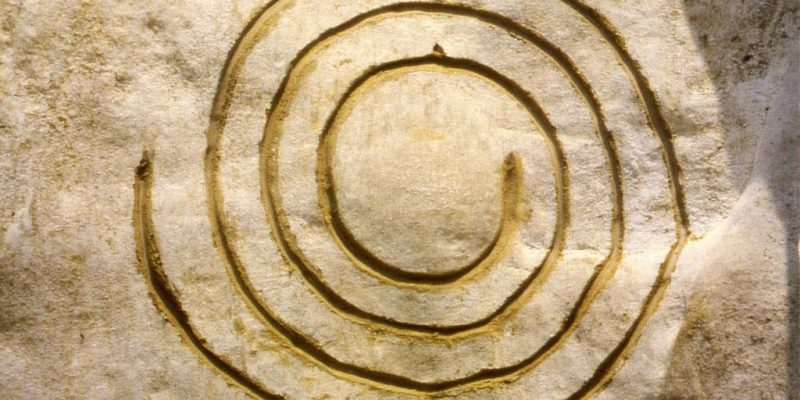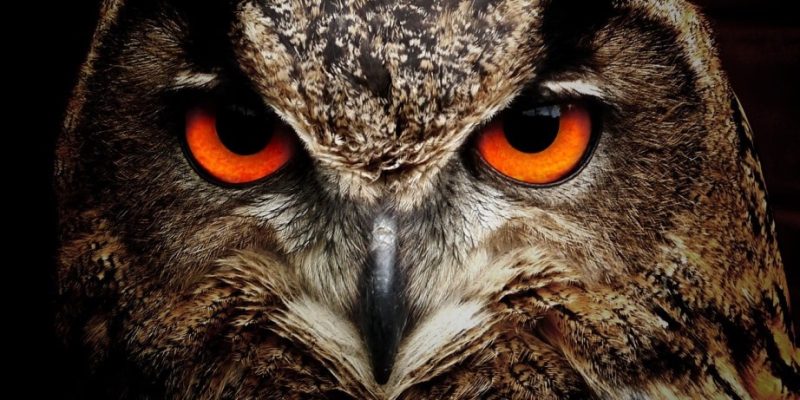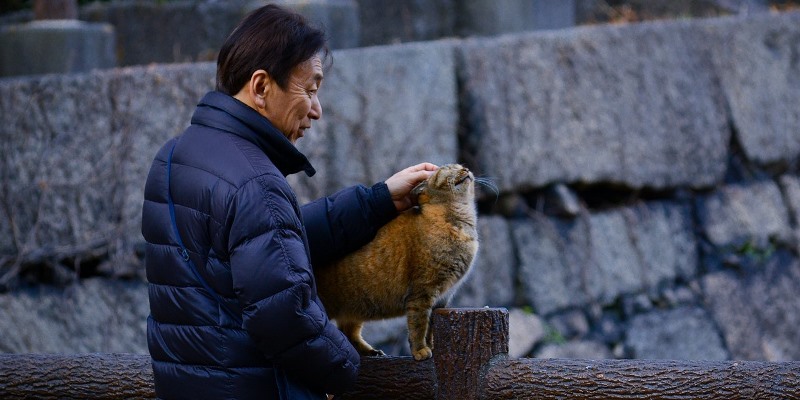
Animism, a term derived from the Latin anima, is the belief that all things in the universe possess a unique i.e. distinct spiritual, divine, or living essence. Animism is often considered the oldest and most widespread philosophical and spiritual belief system.
Depending on the specific animistic belief system of a culture or civilization, animism may include all or some of the world phenomena, such as human beings, deities, animals, plants, mountains, rivers, land, rocks, language, and sounds, and so on.

Animism is deeply concerned with the creation and sustenance of the universe, the supernatural world, and the existence of distinct immaterial souls or spirits that inhabit all things. As such, there are river spirits, tree spirits, mountain spirits, ancestor spirits, animal spirits, and so on, which may be (or need to be) worshiped or appeased. In some animistic systems, the existence of distinct spirits or souls is attributed to an all-encompassing, universal Life Force.
There is continuous debate as to whether animism is a religious belief or a worldview as it incorporates many diverse mythologies and beliefs from a broad range of cultures and civilizations. Nevertheless, animism has profound ecological consequences as it puts Nature as a whole on an equal footage with human beings, and not as a separate, foreign entity that needs to be conquered or subjugated.
Animism today is still very much alive and often integrated in more recent worldviews, traditional medicine systems, or religions, such as Curanderismo, Thai Traditional Medicine, Hinduism, Shinto, or Buddhism.
For instance, in basically all Asian countries, animism is fully part of the mainstream religious systems, and as such, Nature (trees, mountains, forests, lakes, animals, and so on), deities, and ancestors as distinct spiritual or living entities are worshiped and respected, and an essential part of the people’s belief, spiritual, and/or religious systems.

 Find themed health, wellness, and adventure holidays around the world.
Find themed health, wellness, and adventure holidays around the world.
















 Find themed health, wellness, and adventure holidays around the world.
Find themed health, wellness, and adventure holidays around the world.